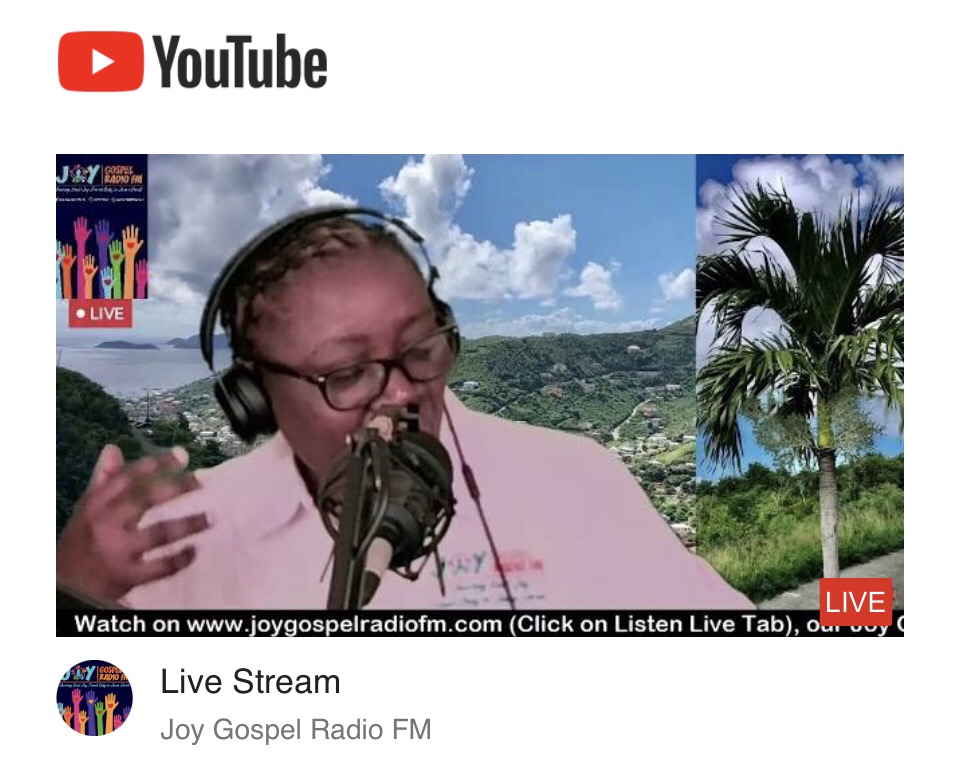Building up The Body: Everyone has Something to Give | The Gathering of the Early Church, What Did Church Look Like Then?
- Angela U Burns

- Sep 1, 2025
- 4 min read
The church began in Jerusalem on the Day of Pentecost when the Holy Spirit was poured out.
Acts 2:41 (NLT) tells us, “Those who believed what Peter said were baptized and added to the church that day—about 3,000 in all.”
From the start, the gatherings were simple yet powerful: teaching, fellowship, prayer, and breaking bread together.
Acts 2:46 (NLT) adds, “They worshiped together at the Temple each day, met in homes for the Lord’s Supper, and shared their meals with great joy and generosity.”
The gatherings were small and participatory. Everyone contributed—through hymns, lessons, stories, or prayers—just as Paul wrote in 1 Corinthians 14:26 (MSG), our base scripture for this series:
“So here’s what I want you to do. When you gather for worship, each one of you be prepared with something that will be useful for all: sing a hymn, teach a lesson, tell a story, lead a prayer, provide an insight. If prayers are offered in tongues, two or three’s the limit, and then only if someone is present who can interpret what you’re saying. Otherwise, keep it between God and yourself.”
When the Apostle Paul wrote these words to the church in Corinth, gatherings looked very different from today’s Sabbath or Sunday service.
They met in homes, often in small groups, without pulpits, choirs, or livestreams.
Worship was not led by a single pastor or team but was a collective offering. Each person brought something — a song, a prayer, a testimony, or a spiritual gift.
What is important for us to understand and always remember, is that the focus wasn’t on performance but on participation. Unfortunately, we cannot say the same about today. For some ministers, it is more about the numbers and who can tell them how good they are preaching.
In Corinth, however, this openness, allowing everyone to take part in the worship, sometimes led to disorder. Too many voices speaking at once made it hard to hear God clearly.
Today, that situation is more like someone pushing to be the leader, the one on the pulpit every week or being upfront so much that others get jealous or upset and form cliques where confusion sets in.
As persecution arose, believers scattered beyond Jerusalem, carrying the gospel wherever they went. Acts 8:4 (NLT) says, “But the believers who were scattered preached the Good News about Jesus wherever they went.”
This scattering caused the message of Christ to spread rapidly across Judea, Samaria, and eventually into the Roman Empire. What seemed like an attempt to silence the church became the fuel for its growth.
Leadership developed over time with elders and deacons guiding local assemblies.
Acts 14:23 (NKJV)“So when they had appointed elders in every church, and prayed with fasting, they commended them to the Lord in whom they had believed.”
Philippians 1:1 (NKJV) “Paul and Timothy, bondservants of Jesus Christ, To all the saints in Christ Jesus who are in Philippi, with the bishops and deacons:”
Despite lacking buildings or official status, the church thrived because the Spirit empowered ordinary believers.
By the end of the first century, the faith had reached as far as Rome, proving that God’s design for His church was unstoppable.
Paul reminded them back them: the goal was not chaos, but edification — building up the body of Christ so everyone is strengthened. And the same must be true and upheld today. Amen?!
In this day and age, our gatherings often look more structured than the early church. We have pews, choirs, microphones, livestreams, and scheduled programmes.
Yet the principle remains the same: God values every contribution. Even those who never step up to a microphone are part of the worship experience. Your attentive listening, your whispered “amen,” your silent prayer in agreement — these are acts of participation that heaven recognizes.
The early church thrived on the diversity of voices, and the same principle can benefit the church today.
In some congregations, one or two preachers may carry much of the responsibility each Sabbath or Sunday, as well as during the week, simply because the fellowship is small.
In larger congregations, however, there is greater opportunity to involve others in ministry while still exercising wisdom and discernment to ensure that what is shared continues to strengthen and protect the work the Lord is doing among His people.
Still, Paul’s words remind us that “each one” has something to bring (1 Corinthians 14:26). This doesn’t always mean taking the microphone. It means that in God’s design, participation happens in many forms, both seen and unseen.
Whether you’re leading worship, sharing a word, quietly praying in the back row, or faithfully listening online, you are part of God’s design for building up His people. Amen.
Saints, we are not to tear down, but build up The Body of Christ. Amen?!
To end each day, I’ll try to leave us with a reflective question.
Today it is: What do I bring when I gather with God’s people — in church, at home, or online — even if I never speak out loud?

Comments